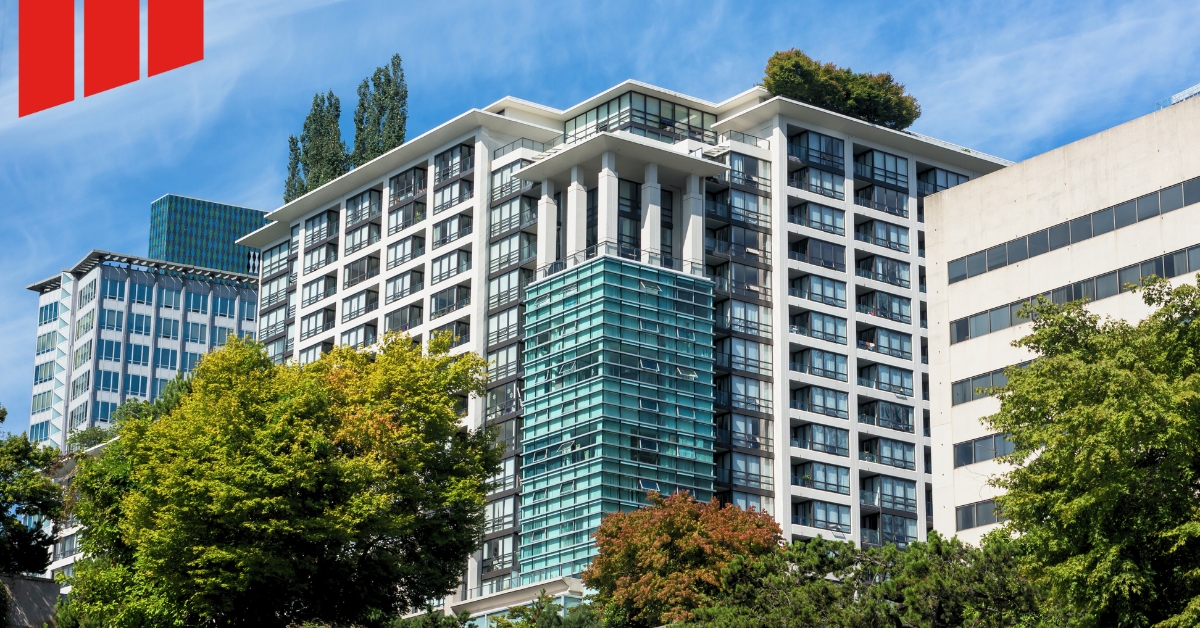- À Propos De Nous
- Services & Secteurs
- Projets
- Nos Employés
- Perspectives
- Carrières
- Académie DGJ
Building code compliance is a legal and ethical imperative, as it guarantees the safety, accessibility, and sustainability of the constructed structures.

When it comes to construction projects, one critical aspect that cannot be overlooked is building code compliance. These codes, set forth by local and national governments, are designed to ensure the safety, functionality, and efficiency of buildings. But who is responsible for ensuring that these vital standards are met? Enter the construction manager, a key figure in the orchestration of a construction project.
In the complex world of construction, the role of a certified construction manager (CCM) is comprehensive and crucial. They are the maestros of the construction orchestra, overseeing every aspect of a project, from the initial planning and budgeting stages to the hands-on supervision on-site.
A CCM’s responsibility extends beyond mere management; they ensure that each phase of the project seamlessly integrates with the next, maintaining harmony and coherence throughout the project's lifecycle.
An integral part of a construction manager's role is ensuring strict adherence to building codes. These codes are a set of regulatory standards that govern building design, construction, alteration, and maintenance, crucial for safeguarding the safety and well-being of both the occupants and the general public.
Building code compliance is a legal and ethical imperative, as it guarantees the safety, accessibility, and sustainability of the constructed structures. Construction managers play a pivotal role in navigating these complex codes and regulations. They need to be constantly updated on the current codes and ensure that every aspect of the project, from the choice of materials to construction methods, meets these standards.
This responsibility also involves effective coordination with architects, engineers, and inspectors to ensure that the project complies with all the necessary building standards at every stage of its development.
Adhering to building code compliance encompasses several challenges that require dynamic solutions. Often driven by advancements in safety, environmental regulations, and technological developments, building codes necessitate a keen awareness and adaptability on the part of construction managers. Likewise, the varied nature of regional regulations is essential for maintaining a compliant project.
Successfully integrating sustainable practices without compromising architectural design presents a complex balancing act. Effective building code compliance requires construction managers to focus on several strategies. Continuous education and training are key for staying up-to-date with code changes. Clear communication and a proactive risk management plan that includes compliance challenges, along with strong relationships with local building authorities, ensures smoother project execution and compliance, safeguarding the project's safety, legality, and overall success.
DG Jones and Partners, known for their excellence in construction management, have navigated complex compliance scenarios in various projects. One notable project is the Bahrain Aquarium – Mall of Dilmunia, where the team adeptly managed unique structural challenges and compliance requirements.
Another example is Sama Beirut, a project that required careful attention to local codes and regulations. These projects underscore the importance of adaptability, in-depth knowledge of local and international codes, and the ability to foresee potential compliance issues.
The role of a construction manager in ensuring building code compliance is indispensable. Their expertise and oversight are critical in transforming architectural visions into safe, functional, and compliant structures.
For those seeking expertise in managing complex construction projects with a keen eye for compliance, DG Jones and Partners offer unparalleled experience and skill. Contact us today to speak to an expert in your region and learn more about how expert construction management can improve your next project.